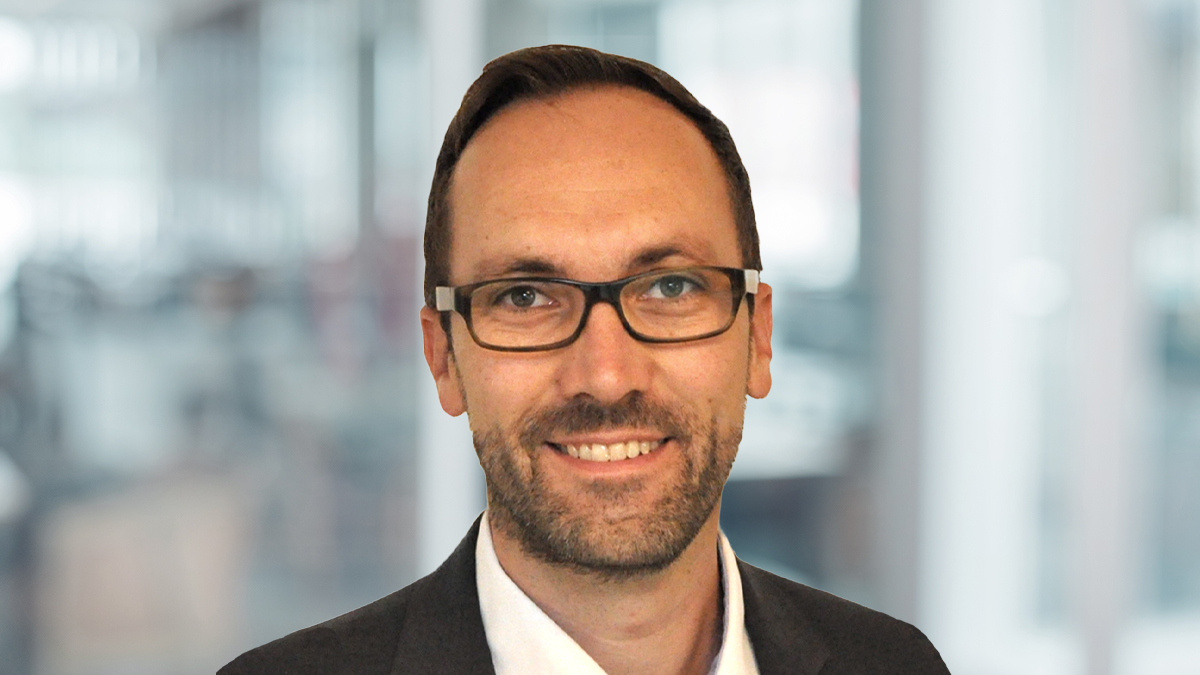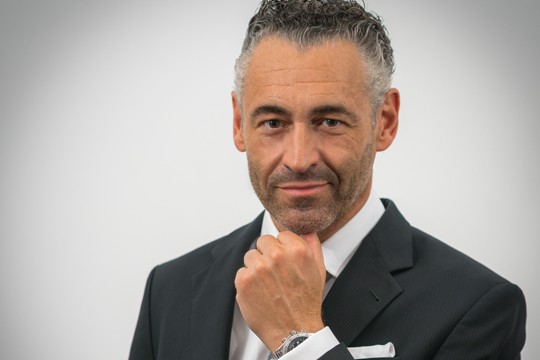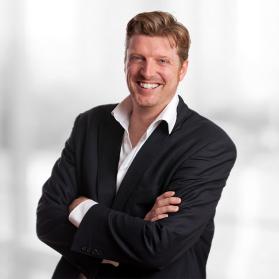Deutsche Telekom successfully operates a commercial cloud gaming service under the name "MagentaGaming". The original three-man project started in 2017 with the aim of initially building an open beta version. In the meantime, 75 people are working here. Dominik Lauf, Program Lead & CPO Magenta Gaming, also attributes the fact that the service was launched on time to the use of agile working methods. Why agile on the outside does not always mean agile on the inside and to what extent an agile project management tool like GARD Jira can influence success, he explains to us in the interview.
Question: The entire gaming sector is strongly driven by innovation. From a distance, some people might therefore think: "Gamers have certainly always worked in an agile way". When did you start introducing agile working methods and how long did the transformation take?
Dominik Lauf: We have actually been working with agile elements for some time, for example with daily standups and a backlog. However, we only established an agile set-up in the sense of Scrum at the beginning of 2020. Considered retrospectively, the transformations each lasted a good two months, once in the course of onboarding of more than 50 new project participants and again at the end of the year when we changed the team structure.
Why did you decide to use Scrum in the first place?
From my point of view, there is no suitable alternative to capture the complexities of a software product. We work in an innovation environment - you hardly stand a chance with the waterfall method today. The agile method has clear advantages in terms of team composition and working methods. It also leads to perceptibly good results.
Nevertheless, you should always ask yourself the question at the beginning: Do I want to implement agility with 100 percent stringency and to what extent can standards like SAFe and Scrum be adapted to the concrete needs of a programme?
Which core elements of Scrum have worked particularly well from your point of view?
We have found that especially two-week sprint (cycles) work very well at short notice. In the medium term, for a period of two to three months, Program Increment Development (PID) helps us to work on the topics in a clear, structured and focused way and to prioritise them well. It allowed us to keep reminding ourselves of the scope and prioritisation.
In a relatively complex environment, these elements help to create clarity. This again allows better planning when something will be implemented. This makes it possible to react better and at shorter notice to changing feature developments, events, customer influences and market and stakeholder requirements. I don't think we would have managed to launch the MagentaGaming service in time for Gamescom 2020 without Scrum.

Dominik Lauf has been responsible for the development, operation and establishment of the cloud gaming offering at Deutsche Telekom AG as "Program Lead & CPO MagentaGaming" for two years. He has made a name for himself in the gaming scene. He is not only involved in political topics of Game.eV, but is also active in the board advisory committee at games.nrw as well as in the supervisory board at IndieGameFest to strengthen the gaming industry in Germany.
What difficulties did you encounter during the transformation?
Culture, people and mindsets always play an important role in transformations and change. The tools and processes are less crucial. It is important to plan with the skills you need and to be able to deal with regulations, for example when using External Workforce (EWF) in the agile construct. Implementing these sometimes gets in the way of the project goal, the agile approach and the use of cross-functional teams.
Ad-hoc issues also come up again and again in between. Implementing these in a Scrum process "in time" without influencing existing priorities is a major challenge.
How were you able to overcome these obstacles?
To stay with the EWF example: We have learned to act together with the responsible specialist department by means of splitting backlog views and an autonomous distribution of tasks in the teams working according to the pull method.
In addition, the introduction of the agile project management tool GARD Jira has helped a lot. Jira is our central anchor point that has created the single point of truth - a good way to structure quickly and jointly and to work from different areas towards one goal. This was particularly helpful in establishing a backlog and bug-fixing processes.
What visible successes have you achieved with agile methods?
We were able to launch the platform on time in August 2020. I also consider the functioning, clear internal and external communication a success. This enabled us to set a stronger internal focus in the program team: the teams have taken on more responsibility through the clear division of roles and the defined way of working.
The fact that we mapped the prioritisation of topics in EPICs in Jira also served as a reminder to the team at the beginning of each PIP what we will work on in the future. By the way, many features have been delivered on time since the launch, for example AndroidTV & FireTV support, Platform Achievements, notifications and a separate shop for buying more games in addition to the subscription.
How would you set up the project in terms of working methods if you could start it all over again tomorrow?
I would no longer question the strict adherence to SAFe or enforce it stringently from the beginning, as I expect clean interfaces within the program and believe that the organisation of the development teams would function more smoothly from the beginning with regard to the development process.
I would also go for cross-functional teams. A mixed skill set and mapping of different skill profiles within a team consisting of frontend developers, backend developers, quality assurance (testers), visual designers, UX designers, scrum master & PO are important and crucial for the efficient functioning of a team.
Many things require more time from the outset, such as planning communication structures. And one must not be afraid of the trial & error principle! In the agile context, I think it is also part of the process to just do things.
If you could give one hint to others facing a similar challenge, what would it be?
"Just do things." Ask less and vote. This is propagated everywhere, but the bigger a program becomes and the more attention it receives from the environment, the more difficult it becomes to implement this guiding principle. That is why I have made strong use of a well-known credo: "Do not ask for permission, ask for forgiveness". Especially when comparing our OpenBeta phase to the launch phase, it is striking: In the beta phase, many topics were taken up and implemented - "just do it" - while in the pre-launch phase we slowed down as coordination and classification within the group and with the segments involved increased. So as long as it works: "just do it".
I also think it's important to keep an eye on the mood in the program team. It is important to take time and address the problems in order to quickly extinguish possible fires. Because with a concrete timetable, a complex and new structure, with a theme that first has to be established, and the guiding principle: "just do it", one thing is pre-programmed: You won't be able to please everyone. In the end, however, I am very happy and proud not only to have brought a completely new product to the market in the shortest possible time, but also to have established an extremely committed team that works together with passion and focus. Despite resistance, new virtual environments and a few other influences.
If I have learned anything during this time, it is this: to stay calm in an extremely fast changing environment with strongly varying influences and framework parameters and quite a few unforeseen problems and risks. Not to let oneself be distracted and to seize opportunities to push things that one is deeply convinced of to the finish line.
MagentaGaming is Deutsche Telekom's cloud gaming. Over 130 games can be played via the MagentaGaming app, including many popular and top-class titles. Powerful servers in the cloud stream the games directly to your computer, AndroidTV, smartphone or tablet. So everyone can play on their devices and always have the games with them - without buying new hardware such as gaming PCs or consoles. The MagentaGaming app is currently available for Windows, macOS, FireTV and Android (incl. AndroidTV). MagentaGaming can also be booked without an existing Telekom contract and can be cancelled monthly.







